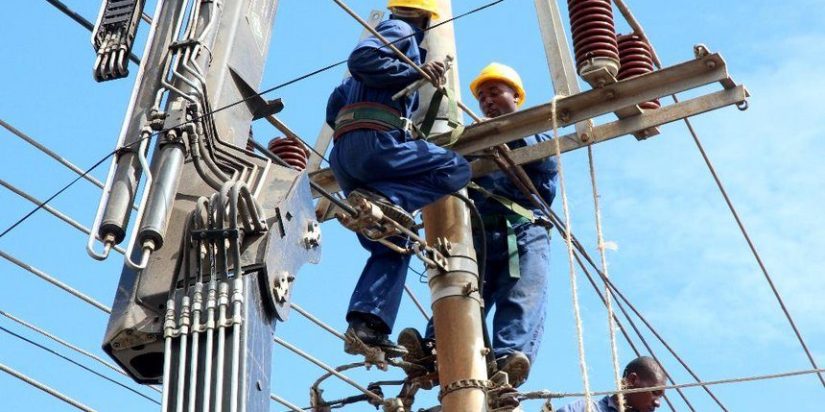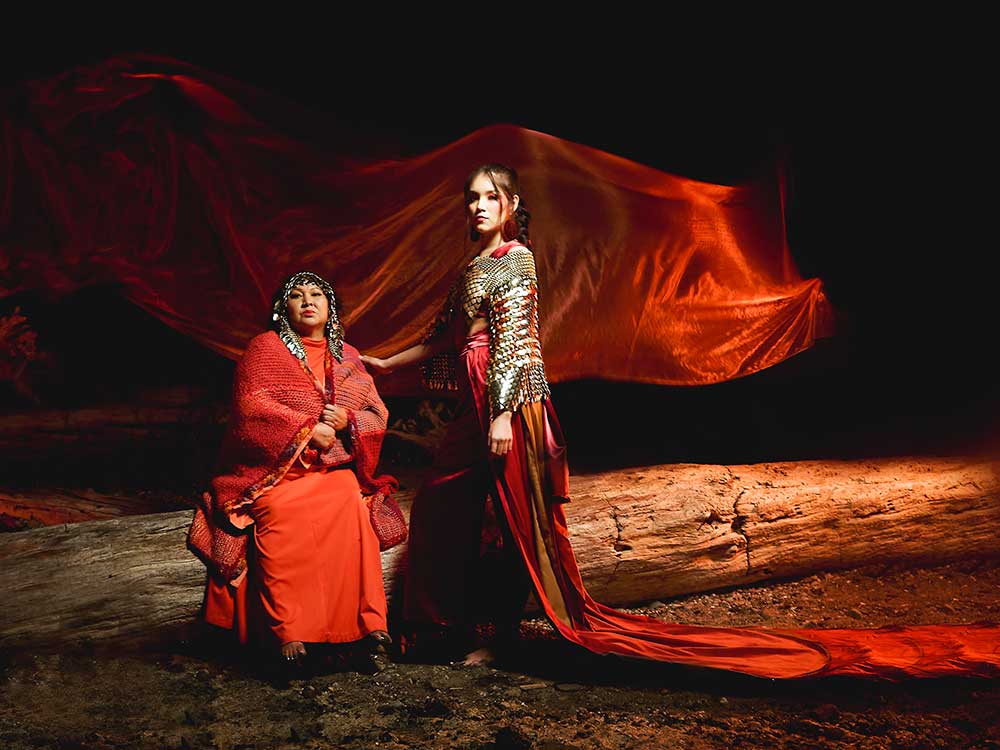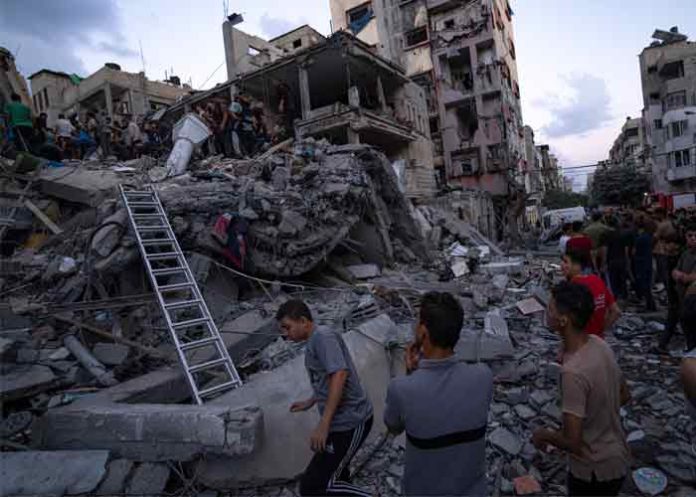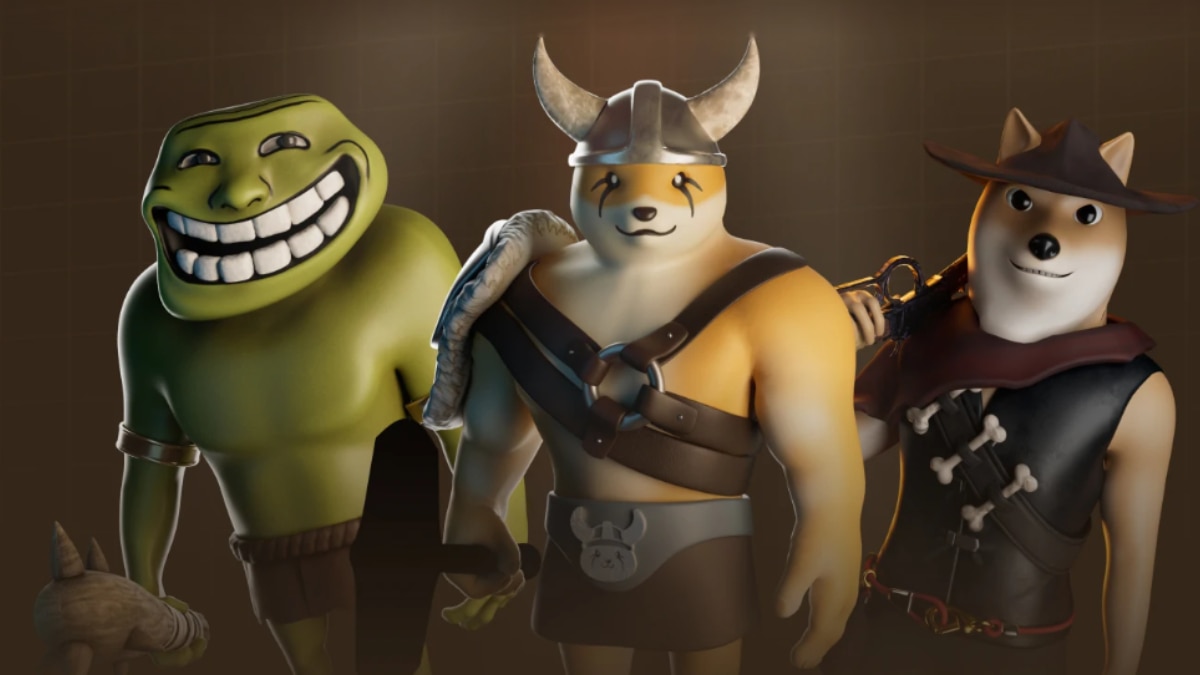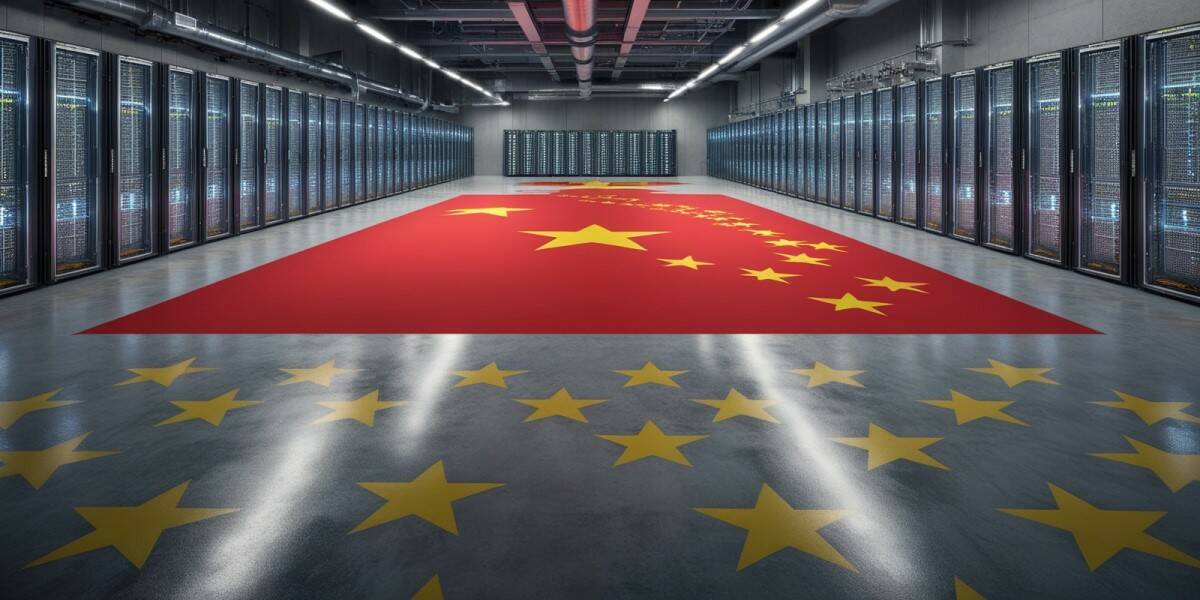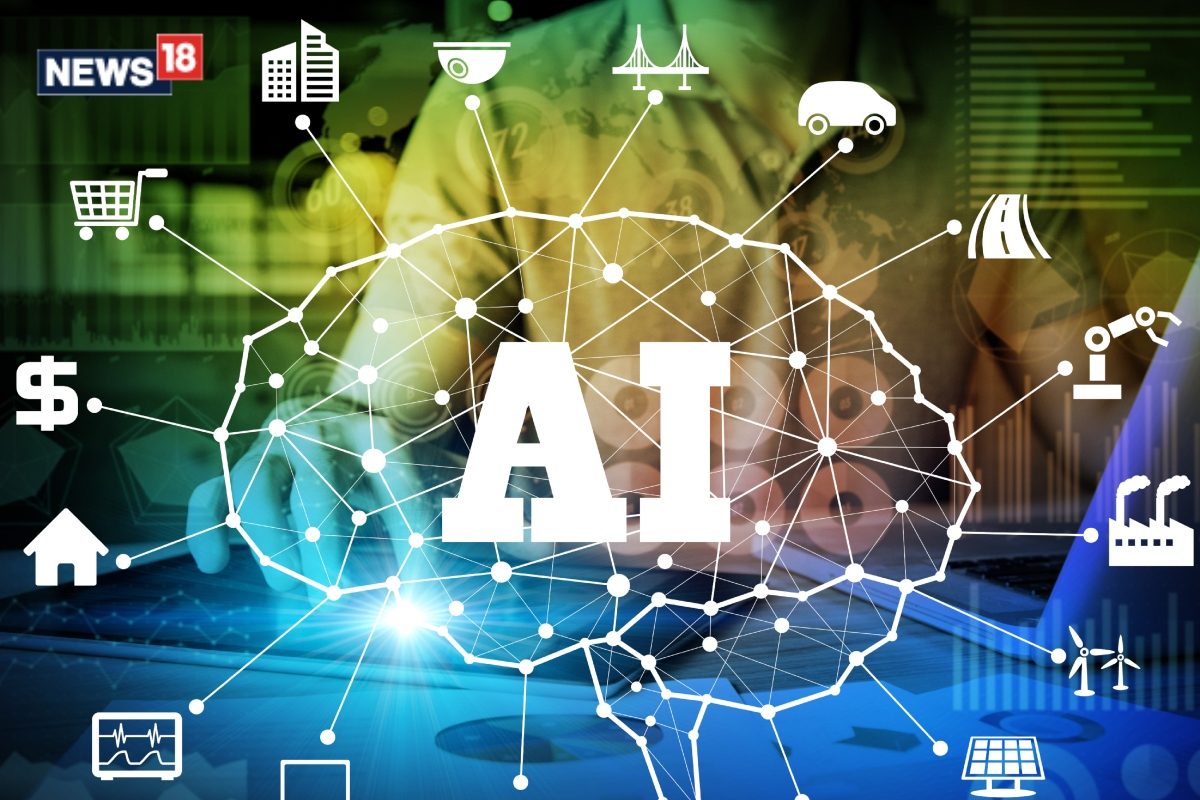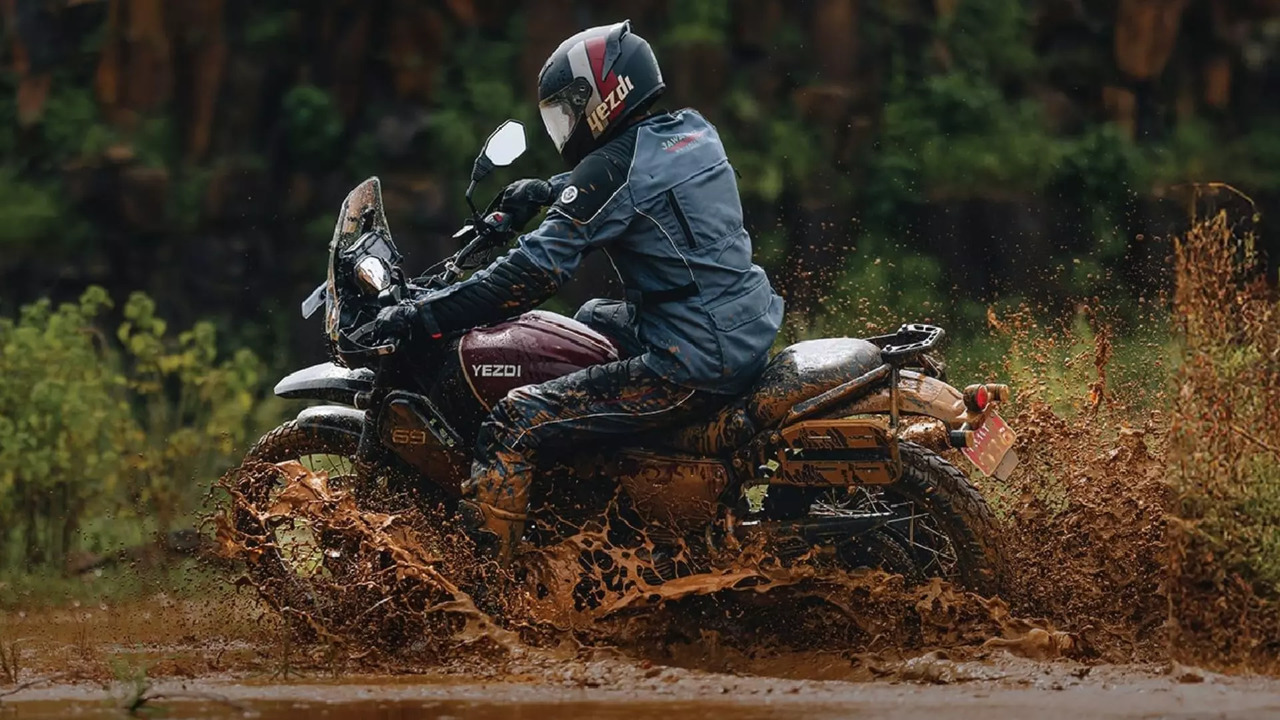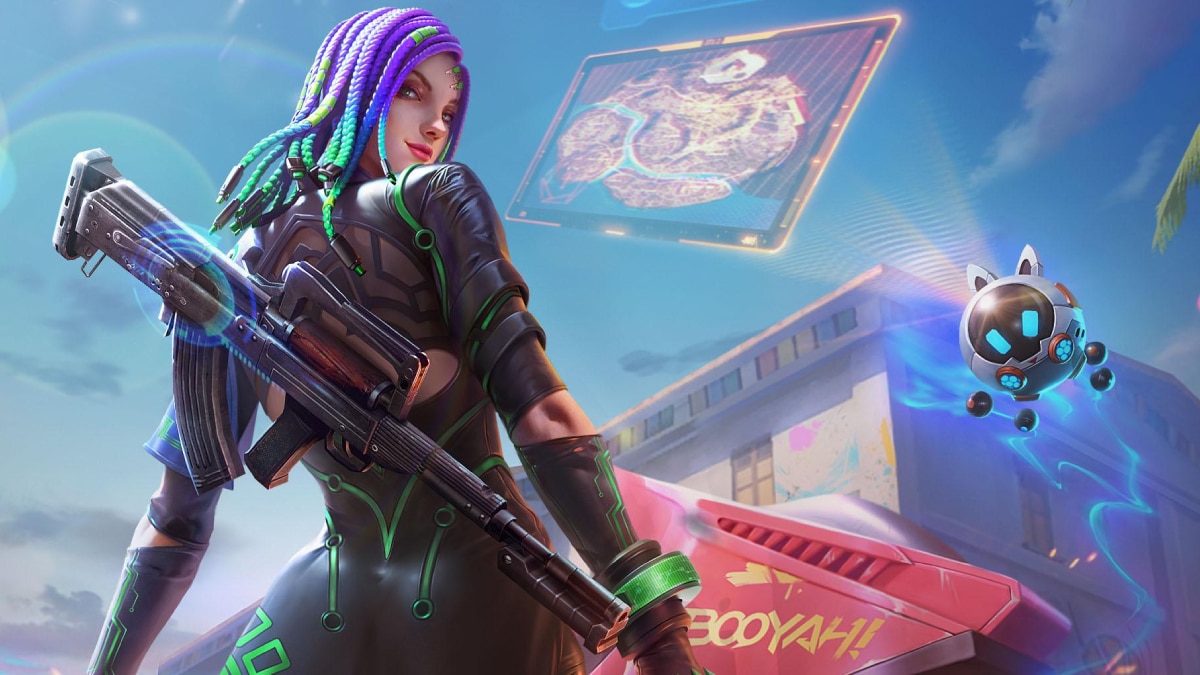
When invitees of Tesla's "We, Robot" event hopped into the Robotaxi prototypes at the Warner Bros. Hollywood Studio on Oct. 10, they were greeted by a giant screen festooned with futuristic animations and illustrations.
One of those illustrations was inspired by the 2017 sci-fi flick Blade Runner 2049, itself a sequel to the 1982 classic Blade Runner— both cited as influential to Tesla CEO Elon Musk and his plans for the Cybertruck. But the producers of the sequel aren't having any of it. They're now suing Tesla for copyright infringement, for using Blade Runner-inspired visualizations to promote the self-driving Cybercab, the New York Times reported today.
Alcon Entertainment has filed a lawsuit against Tesla in the Los Angeles District Court, alleging that the company had denied a request by Musk to use Blade Runner-inspired visualizations at the Robotaxi reveal. But "he did it anyway," as per the suit. The Blade Runner series depicts a grim future grappling with a climate crisis and off-world expansion, as well as the many moral and ethical questions around developing an android-like race of beings used as disposable labor.
Artificial intelligence, holograms and flying taxis are some of the central components of the films. Despite not exactly being a pleasant vision of tomorrow, Musk clearly thinks it's cool. We've been hearing about this from him for a while.
Before the Cybertruck launch last year, Musk said in a post on X that the truck was like an "armored personnel carrier from the future—what Blade Runner would have driven." (Never mind the fact that "Blade Runner" is a kind of nickname for the detectives who investigate crimes involving androids and not some guy's actual name.) “Any prudent brand considering any Tesla partnership has to take Musk’s massively amplified, highly politicized, capricious and arbitrary behavior, which sometimes veers into hate speech, into account,” states the complaint according to Hollywood Reporter .
Tesla did not use exact images from the film but used AI tools to create near-identical images. That, according to Alcon, is a "bad-faith and intentionally malicious gambit." It could be months, or even years before any verdict comes out of this case.
But it's another controversial element in Musk's Robotaxi ambitions. As it is, the Robotaxi reveal was light on technical details and was mostly a concept showcase. The car itself looks cool with its butterfly doors, smooth surfacing and a compact footprint.
But the event was more bling than substance. Tesla didn't tell us how the underlying Full-Self Driving (FSD) technology would obtain regulatory approval or how it would be safe for passengers in varying driving conditions. All we know is that the Robotaxi will feature wireless charging—the prototypes didn't have charging ports at all—and Tesla gunning to achieve an efficiency of 5.
5 miles per kilowatt-hour to obtain about 200 miles of range from a small battery. How will this work in the real world? We don't know yet and Tesla is still quiet about it. Have a tip? Contact the author: suvrat.
[email protected].


